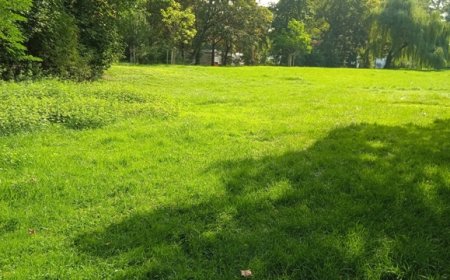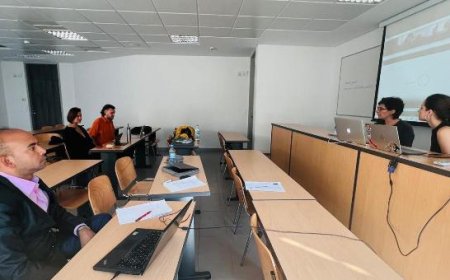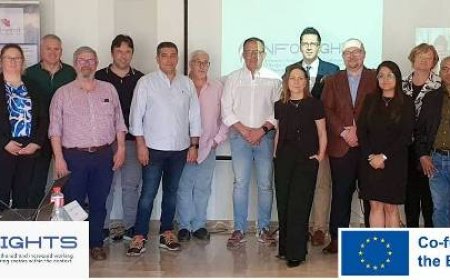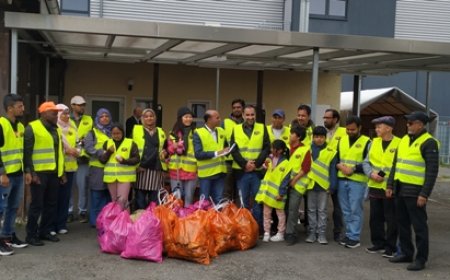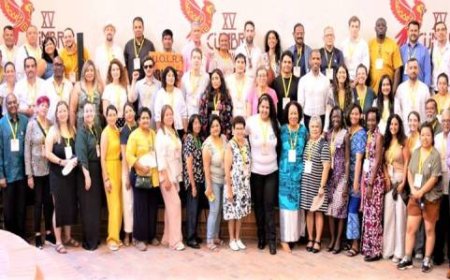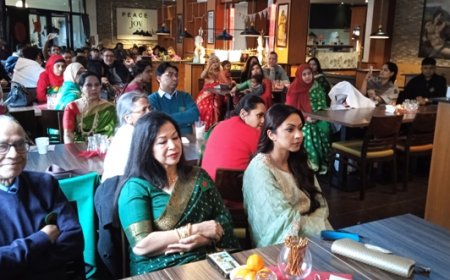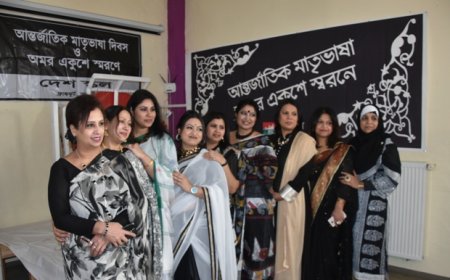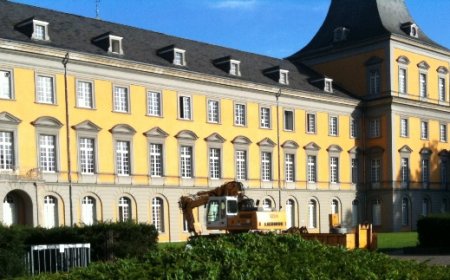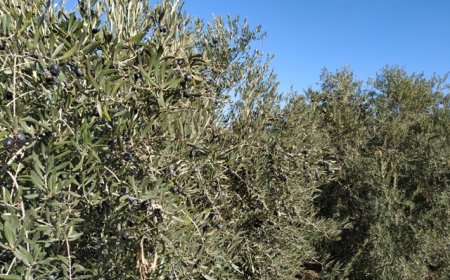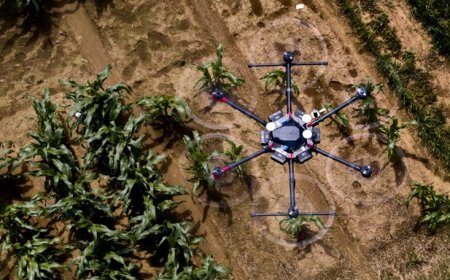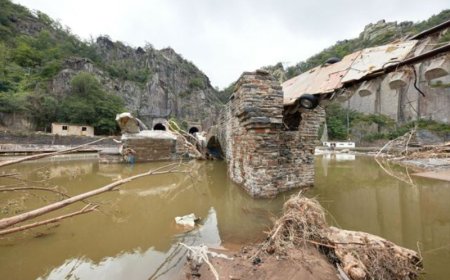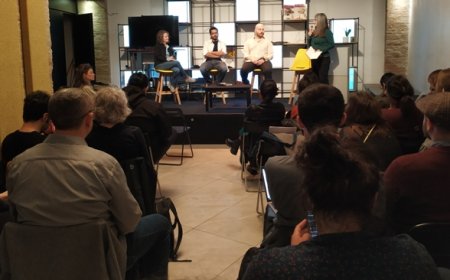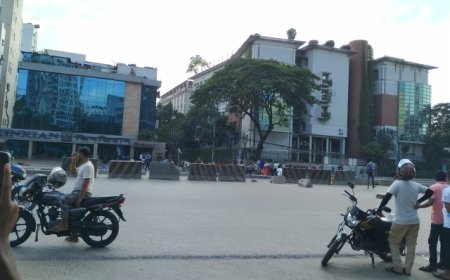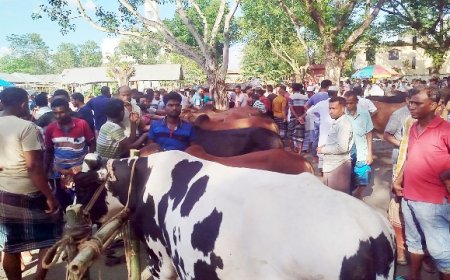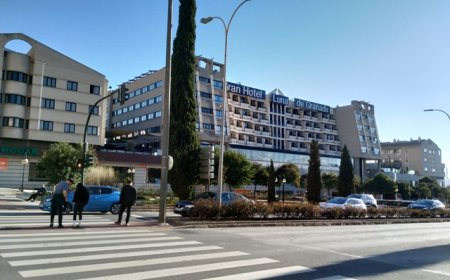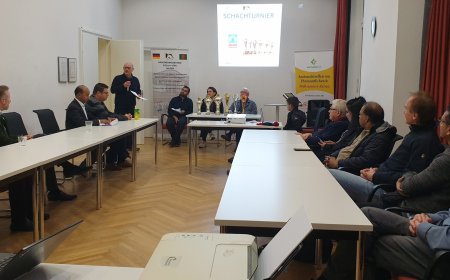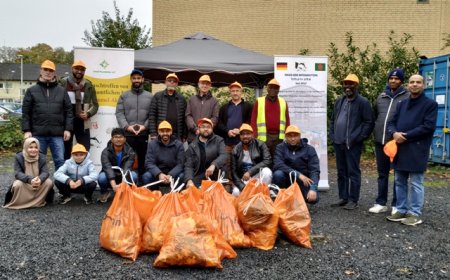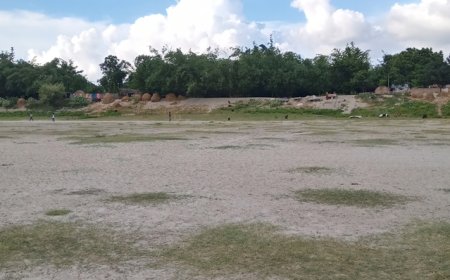Spanish Traditional Olive Cultivation and Olive Testing in Granada
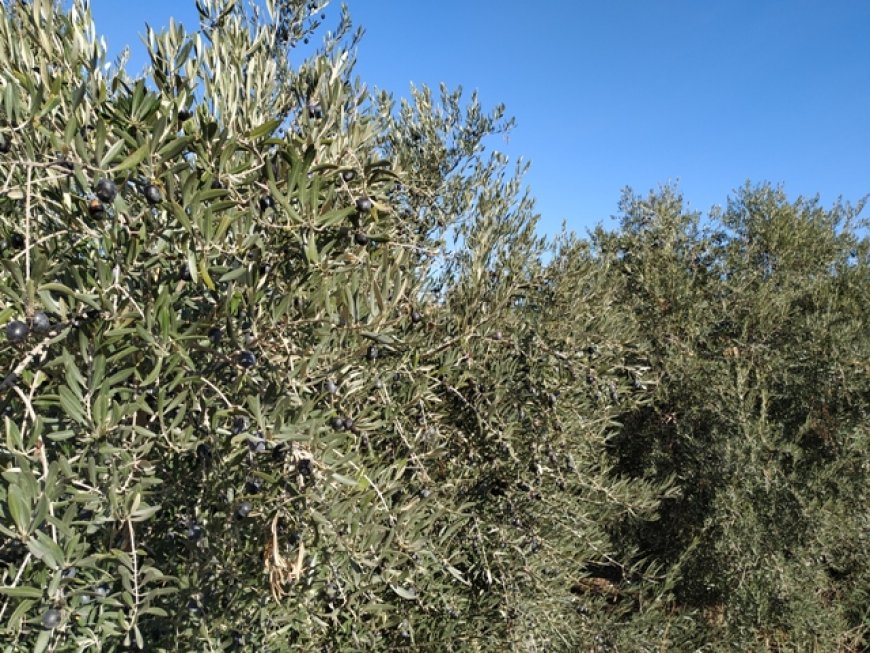
Dr Abdul Hai
Each and every country has some special and traditional culture and heritage. Spain is considered as the highest olive cultivating country in the world. In Spain anybody can mark the use of olive products for food, cooking medium, lamp fuel, preservative, medicine, cure, laxative, aphrodisiac, cosmetic, unguent, magic potion ingredient to religious unction.
There are more than 300 million olive trees in more than 2 million hectares of olive groves in Spain. 92% of the olive groves are dedicated to olive oil production. Andalusia is famous for olive production, as 80% of the olives are cultivated in this region. However, there are many other parts in Spain, which produce excellent quality olive oil, such as Extremadura, Castile-La Mancha, Catalonia, the Region of Valencia, Aragon etc.
In Andalusia, the most important olive oil producing areas are in the province of Jaén, where the main olive type is Picual, and other varieties include Verdala, Real, and Manzanilla de Jaén, and in the province of Córdoba, where the olive varieties include Picuda, Picual, Lechín, Chorrío, Pajarero, and Hojiblanco. Andaluz olive oils tend to be full bodied and tasty. Class "A" oils have a maximum acidity of 0.4%, while class "B" oils have up to 1% acidity.
Catalonia also produces olive oil, which tends to be on the lighter side. The principal cultivation and production areas are Les Garrigues, in the province of Lleida, and Siurana, very nearby, in the province of Tarragona, where the Arbequina variety is the main olive grown, but where other varieties include Real [Royal], Verdiel and Morrut olives.
Olive trees are slow growing, traditionally bearing fruit after fifteen years, though modern production techniques have brought maturity down to five. A tree is thought to reach maximum productivity after 40 years, and after 140 begins to decline, though thousand-year-old trees can and do still bear rich loads. Olive tree age is often exaggerated though Lo Parot in Horta de Sant Joan in Tarragona is certainly between 1,000-1,500 years old. It would have been planted during Visigoth or Arab times.
The main part of the Route of the Thousand-year-old Olive Trees can be found in the south of the Catalonian region, a route that gives the opportunity to visit the largest number of millennium olive trees in the world, some with trunk circumferences of over 3.5 metres. In the municipal area of Ulldecona alone (in the province of Tarragona) there are 1,379 trees documented. This area is well worth a visit, not only to see these historic trees, but also to enjoy the best Spanish cuisine through olive oil tasting at its two Michelin-starred restaurants.
In this way, olive groves and olive products have boosted the tourism industry in Spain. There are tourist spots and resorts purely related to the olive groves, olive production and olive tasting in a large number of forms and patterns. Most of the universities in Spain offer specialised research fields and projects related to the historical, scientific and anthropological aspects of olive cultivation and olive products.
The Mediterranean Centre of the University of Granada also has been conducting specialised courses and projects related to the history, culture, scientific phenomena of olive cultivation, olive products and olive oil tasting since its inception. As a part of it, the centre recently organised two weeks long training course on Gastronomy, Oenology and Quality Tasting of the Products of Granada in the historical building of Madraza and other university spaces in Granada in November 2024. It included presentation, discussion, tasting the samples of olive oil and wine products in the laboratory and also in the field levels. The sessions were quite interative and extensive networking between the academia and the olive producers in the region. It offered interesting hands-on training to implement the methodology in the professional works.
Among others, Prof Vanessa M. Martos Nunez, Prof Maria Luisa Lorenzo Tovar, David Rodriguez Donea, Export Manager of AOVE Laura Valverde Spinola, Prof Felipe Pascual Torres and Prof Angel Gil Hernandez conducted technical sessions during this training course.
What's Your Reaction?







